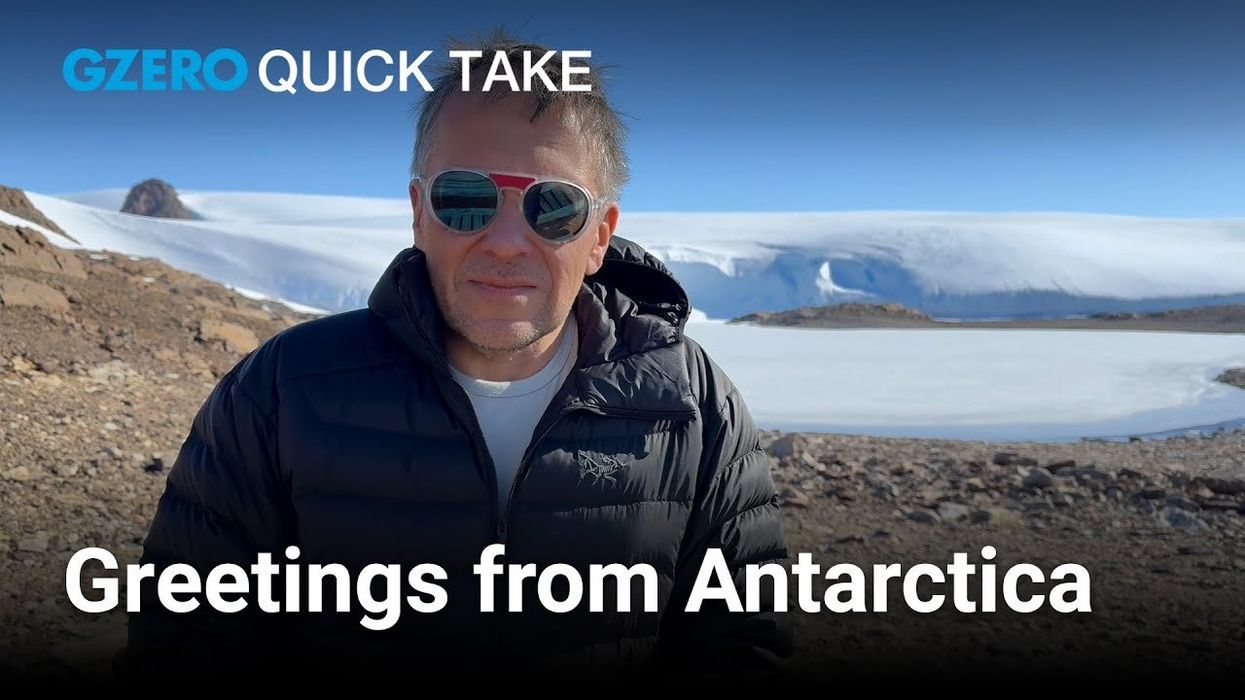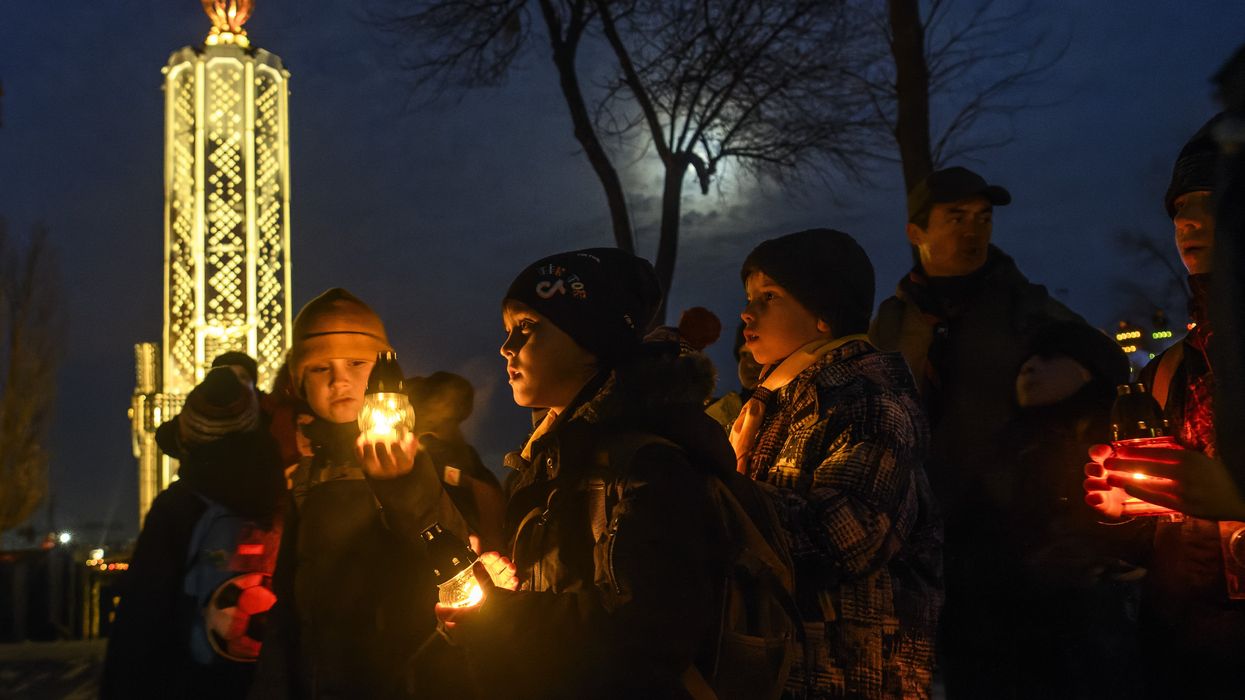Quick Take
Welcome to Antarctica: A conflict-free zone
Ian Bremmer's Quick Take: By design, Antarctica remains a conflict-free zone, thus insulated from the world's varying difficulties and geopolitical complexities. That does not change anytime soon.
Jan 04, 2024


